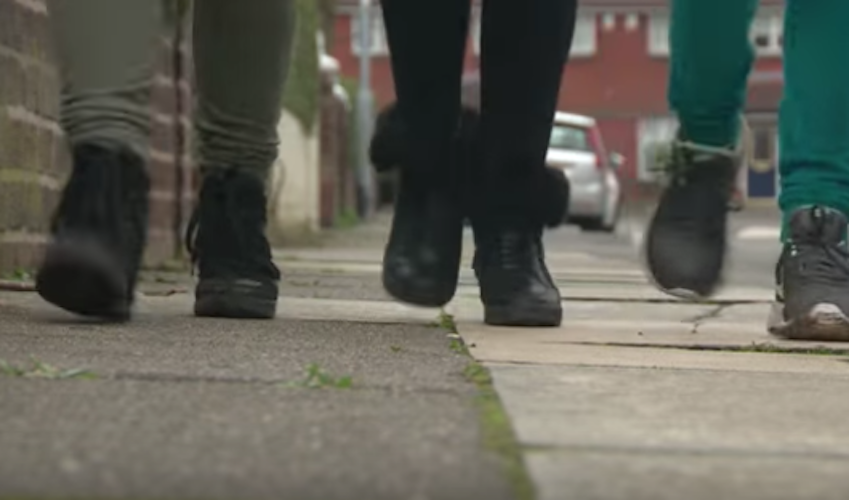We look at knife crime and criminal gang activity – the perpetrators and the victims – and focus on young men. Yet we frequently ignore the young women and girls who are involved, either as gang members or, more often, as victims of gang-related abuse in London.
We ignore the role that mothers who are working in our communities play in keeping people safe. We ignore the good work of sisters and friends who look after their brothers. And we ignore the fact that when there is a tragic incident, it’s often women and girls at the scene providing comfort to those involved.
As one experienced female youth worker highlighted to me recently, it’s often women and girls who visit the cemetery and change the flowers for victims who have lost their lives. But we must also remember that the visibility of women as peacemakers shouldn’t mean that certain forms of crime remain hidden. We mustn’t miss the chance to help some young women and girls who are being exploited and abused.
Sadiq Khan’s Violence Against Women and Girls Strategy states: “For some victims, for whom violence and abuse has long been a part of their lives, they may not even recognise that what is happening to them is criminal or abusive”. If we’re to turn this around, we have to be able to identify those at risk and support them.
There are undoubtedly problems with the Met’s Gangs Matrix, but if used properly it can be a powerful tool to divert known gang members and affiliates away from a life of crime. Yet 99 per cent of the individuals identified in it are male.
Abianda, a social enterprise that works with young women affected by gangs, has highlighted the invisibility of girls from Gangs Matrix data. They have worked alongside the Islington Integrated Gangs Team and initially relied on referrals from police. Yet this was made difficult, as they were often told that police had picked up a group of perpetrators in a car with a woman, only to record the details of the men.
If we fail to recognise that girls can be involved in gangs, then we will continue to fail to offer meaningful protection and support. We all know of activities such as football and boxing which are run with the aim of tackling youth violence. These programmes are extremely important, and will appeal to some women and girls. But we need to make sure we have programmes which have broader appeal too.
The Mayor is doing some good work through the Young Londoners Fund, which aims to help children and young people to fulfil their potential – particularly those at risk of getting caught up in crime. Organisations such as Abianda are using this funding to provide one-to-one services for young women to explore relationships, sexual violence and exploitation in the context of gangs.
In south London, South Central Youth have been given funding to run weekly sessions which raise awareness around types of behaviours that constitute criminality and to provide support to young people experiencing, or at risk of experiencing, exploitation and sexual violence. These organisations are shining examples of how credible messengers, able to relate to young people, and can be used to facilitate sometimes life-changing support.
Earlier this year, I held an event at London’s City Hall with Samantha Jury-Dada, who has written extensively on this issue in her report, Girls, Gangs and their Abusive Relationships. I will be taking this work forward at City Hall to ensure that we have a better understanding of girls and gang associations and that London has the support services in place to help these young women.
Media coverage and the dialogue amongst politicians can no longer ignore the experiences of young women when it comes to gang violence. Last week the Children’s Commissioner for England said that girls in gangs are being failed by authorities. If we fail to catch up, we make it easier for those gang members who exploit them and miss the chance to act against the small number of girls who are involved in violent crime. As a consequence, we further risk passing up on opportunities to help them turn their lives around. We simply can’t allow that to happen.
Florence Eshalomi is London Assembly Member for Lambeth & Southwark and a member of the Assembly’s police and crime committee.
OnLondon.co.uk exists to provide fair and thorough coverage of London’s politics, development and culture. The site depends on donations from readers and is also seeking support from suitable organisations in order to get bigger and better. Read more about that here. Thank you.

